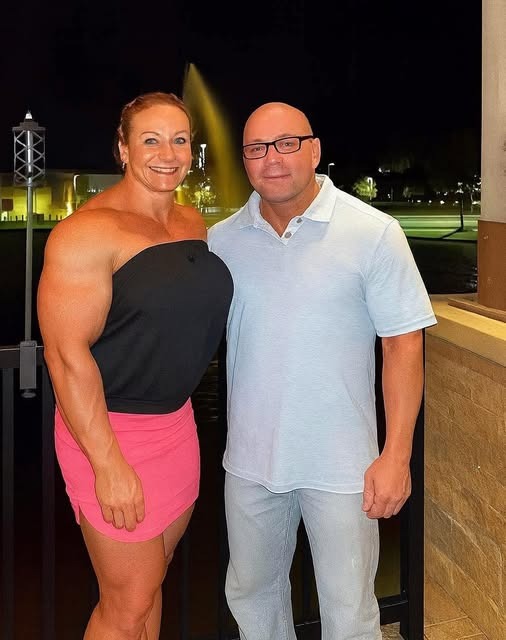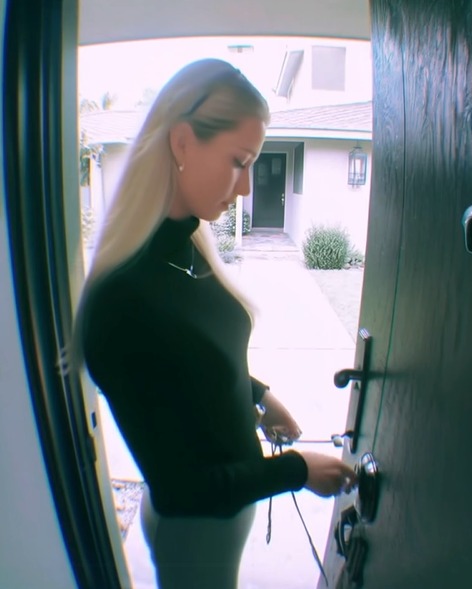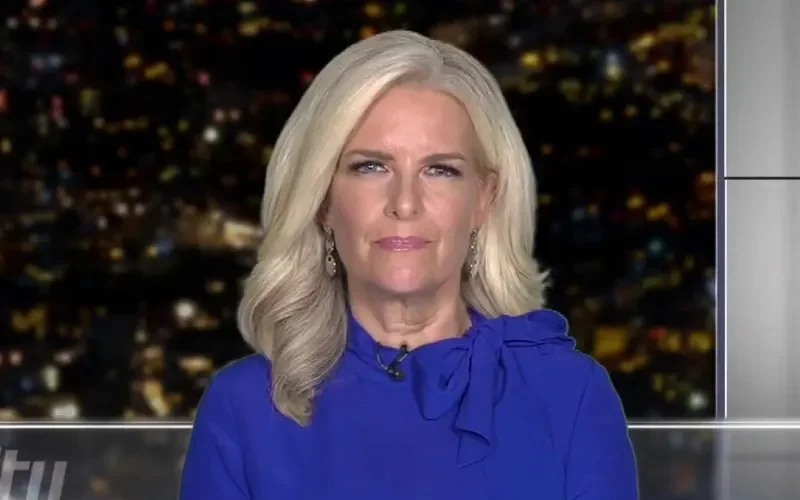The clip started with a shaky phone camera in a tiny church basement—plastic chairs, paper streamers, and a bride so young the bouquet looked older than she was. Nettie, nineteen, skin the color of riverbank mud, dress borrowed from a cousin two sizes bigger, walked toward a groom whose cane tapped the beat of “Here Comes the Bride.” Mr. Walter, seventy years gentle, had silver hair like frost on late-season tomatoes and a smile that forgot to age. Comments exploded the moment the video hit the app: “Gold-digger,” “Grandpa predator,” “She’s trading her future for his pension.” But nobody muted the sound long enough to hear them both laughing at the same joke, the one about how love can be spelled s-u-r-v-i-v-a-l when every other door has slammed shut.
Nettie grew up on the cracked side of town where streetlights blink like they’re too tired to stay awake. Mama braided hair at night for women who paid in diapers or half a bag of potatoes; Daddy left before she could spell his last name. College was a word on billboards, not a map in her hand. Walter met her at the community garden where she was stealing tomatoes—not for fun, but for dinner. Instead of yelling, he handed her a paper bag and said, “Take the big ones, they’re sweeter.” That was the first time anyone older than thirty looked at her without seeing trouble or trash. Weeks later he offered a ride home in a truck older than her, and she noticed the passenger seat had been cleaned—no old coffee cups, no crumpled lottery dreams—just room for her.
The marriage idea arrived like thunder after three months of conversations on the porch: he needed someone to drive him to dialysis, she needed a roof that didn’t leak; he had social security and a house paid off, she had strong arms and time. They shook on it first, business partners in living, then something softer grew between the pauses. Walter never used the word love, but he fixed the heater before winter and bought her a second-hand laptop so she could study for the GED. Nettie never said love either, but she learned the exact way he liked his eggs turned, runny but not raw, and she parked her nightmares at the edge of his bed so he could sleep through his own pain. When the preacher asked about vows, Walter’s voice cracked on “as long as we both shall live,” and Nettie heard the honesty—no forever, just the years the doctor counted on one weathered hand.
Ten days after the courthouse kiss, she found the surprise taped inside the pantry door: a yellow envelope with her name written in the careful cursive of a man who once sent real letters. Inside lay a deed, already notarized, transferring the little white house and the garden plot into her name alone. A note fluttered out: “I know why you married me, and it’s okay. But I married you because you still look forward. This place is your launch pad, not your cage. When I’m gone, plant something that climbs.” Nettie sat on the linoleum, papers shaking louder than the washing machine, tears making polka dots on the deed. The internet had guessed every shallow reason except this one: an old man gifting wings, not chains.
She posted a follow-up video—not for views, but for the chorus of strangers who needed the rest of the story. Walter appeared beside her, oxygen tube discreet under his collar, reading from a seed catalog while she pointed out the trellis she would build for morning glories. “We’re both getting what we need,” she said to the camera. “He gets dignity, I get a future. Love doesn’t always look like movie posters; sometimes it looks like two beggars swapping the only bread they have.” Comments flipped like pancakes: apologies, blessings, stories of grandparents who married during wars for similar math. Some still sneered, but the laughter in the kitchen drowned them out—the sound of tomatoes simmering, of pages turning, of a young woman learning she was never poor, just underplanted, and of an old man watching her grow toward the sun while there was still time.


